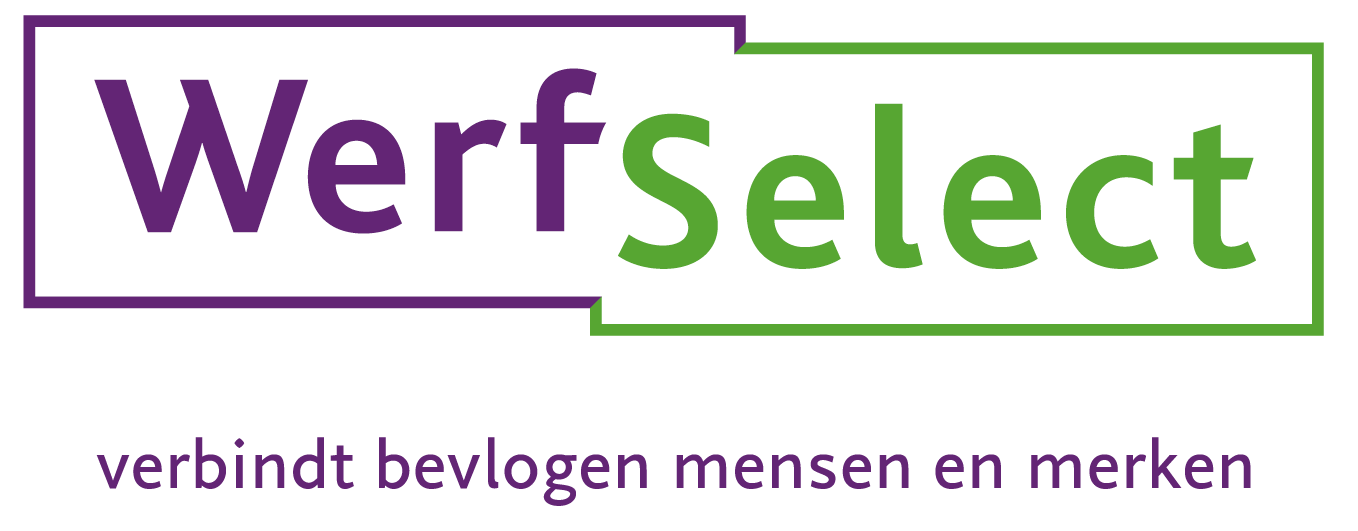The DBA Act has caused much change in the world of self-employed workers and their clients. This legislation is intended to make employment relationships more transparent and prevent false self-employment. But what exactly does the DBA Act entail and how does it affect interim professionals and their clients? In this blog post, we dive deeper into the DBA Act and its consequences for freelancers and clients.
What are the main changes brought about by the DBA Act?
The DBA Act replaces the old Declaration of Employment Relationship (VAR) with model agreements. This change is intended to provide clarity about the relationship between clients and contractors. Instead of unilaterally determining whether there is self-employment, both parties must now jointly draw up an agreement that establishes the nature of their cooperation.
With the introduction of model agreements, the responsibility for correctly implementing labor laws shifts to both the client and the contractor. This means that both parties must ensure that the arrangements in the agreement meet the criteria of the Tax Office to avoid false self-employment.
How does the DBA Act affect the relationship between clients and self-employed workers?
The DBA Act significantly changes the dynamics between clients and self-employed workers. Contract negotiations are now becoming more detailed and legally complex, as both parties must ensure that the agreement meets the requirements of the tax authorities. This can lead to longer negotiation processes and more legal support.
The legal implications are also not to be underestimated. If a collaboration is still seen as employment in retrospect, additional taxes and fines can follow for the client. This makes it more important than ever for clients to be sure of the independence of their self-employed workers.
What risks do interim professionals face with the DBA Act?
One of the biggest risks for interim professionals is false self-employment. If the Inland Revenue rules that an employment relationship exists, additional levies may follow for payroll tax and social security contributions. Interim professionals should therefore handle model agreements carefully and clearly demonstrate their independence.
Enforcement by the tax authorities will become stricter from 2025, with the possibility of fines of up to 50% of the tax owed. This makes compliance with the DBA Act and the proper drafting of agreements crucial for zzp’ers and their clients.
How will the DBA Act affect the market for interim professionals?
The DBA Act has changed the market for interim professionals by placing greater emphasis on legal certainty. Companies have become more cautious in hiring zzp’ers because of the risks of additional taxes and fines. This has led to a decrease in demand for zzp’ers and may also put pressure on hourly rates.
In addition, companies are more inclined to offer permanent contracts or work with agency structures to avoid the risks of false self-employment. This can affect the flexibility of the labor market and weaken the position of interim professionals.
What steps can interim professionals take to adapt to the DBA Act?
Interim professionals can take several steps to stay compliant with the DBA Act. It is important to use model agreements approved by the Tax Office. In addition, it is helpful to seek legal advice to ensure that all agreements are clear and legally correct.
Furthermore, interim professionals can work on their independence by, for example, using their own materials and tools and maintaining a clear separation between their work and that of permanent employees. This helps to emphasize independence and reduce the risk of false self-employment.
In summary, the DBA Act brings significant changes for both clients and interim professionals. By being aware of the risks and legal implications, both parties can better prepare and work together for a successful and compliant working relationship. We at WerfSelect are ready to support you in this. Read more about this in our whitepaper.






